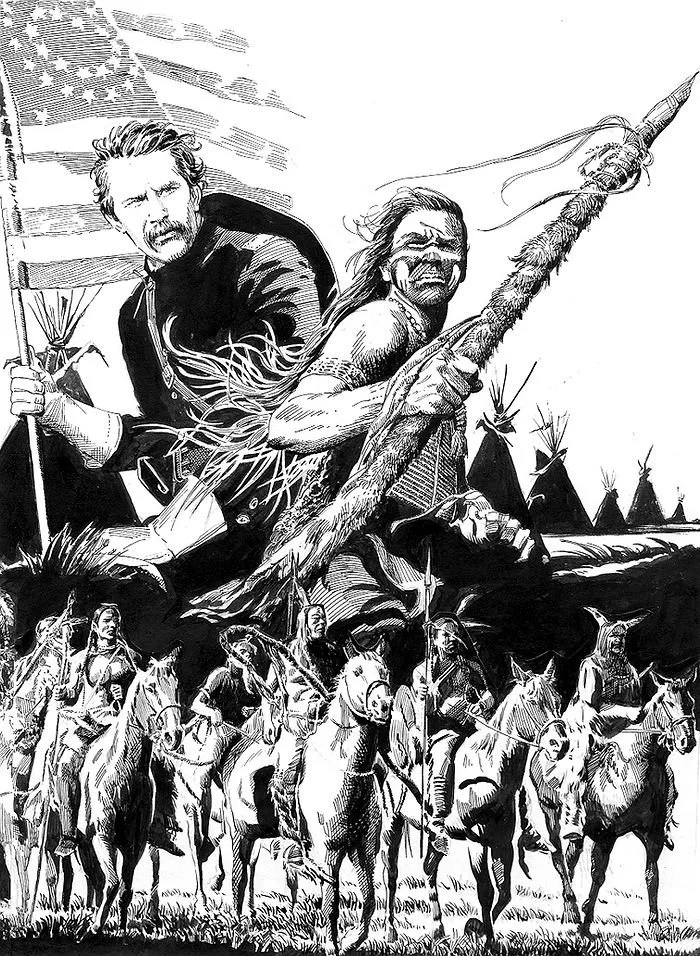The White Savior Complex
When I learned about the "White Man's Burden" in history class, I was the only black face in the room. There were no Indigenous American or Latinx students. I wanted to look into another person's eyes and without saying a word agree that "this is bullshit." My teacher didn't express an opinion, she also didn't point out the flaws, missteps, and racism in it. So that's what I'm here for.
The "White Man's Burden" referred to now as the White Savior Complex is when a white person swoops in to save the day of a non-white person in a way that seems altruistic but is based on the belief that only a white person could have helped. This is where you jump up and say: "but Renee, my story has a hero and she/he happens to be white and the person he saves isn't! Are you saying I not supposed to have a white hero?" No, that's not what I'm saying. Stories have nuance and are complex, having a white hero isn't an issue but having a non-white character be saved by with little voice or agency, however, is problematic.
To understand the White Savior Complex we need to go back to Rudyard Kipling's poem The White Man's Burden. It was written in 1899 support of the United States in the Philippine-American War. Here's the first stanza:
Take up the White Man's burden--
Send forth the best ye breed--
Go bind your sons to exile
To serve your captives' need;
To wait in heavy harness,
On fluttered folk and wild--
Your new-caught, sullen peoples,
Half-devil and half-child.
In short, Kipling encourages white men, the cream of the crop, to go off and save colonized people who need the help because they are no better than devils and no better than children. It's the first two lines and the last two of this stanza that illuminates why this is problematic: nonwhite people have been seen as immoral and helpless since colonization, you do not want to perpetuate this in your writing.
Here are some things to think about if your white hero character "saves" a non-white character in your story:
1. Give your nonwhite character the agency to have an active role in doing their own saving. You don't have to take all the shine away from your hero but she/he shouldn't be the only capable and responsible character.
2. Don't make your white hero irreproachable. Your hero should have faults, if they are perfect they are unrealistic and boring. What's worse, it makes the nonwhite victims appear even more immoral or incompetent by comparison.
3. Hire a sensitivity reader who is in the same marginalized group as your nonwhite "victim." This will help you any cultural or historical nuances be pointed out to you that may problematic but overlooked in your writing as you don't have the same reference point form lived experience.

